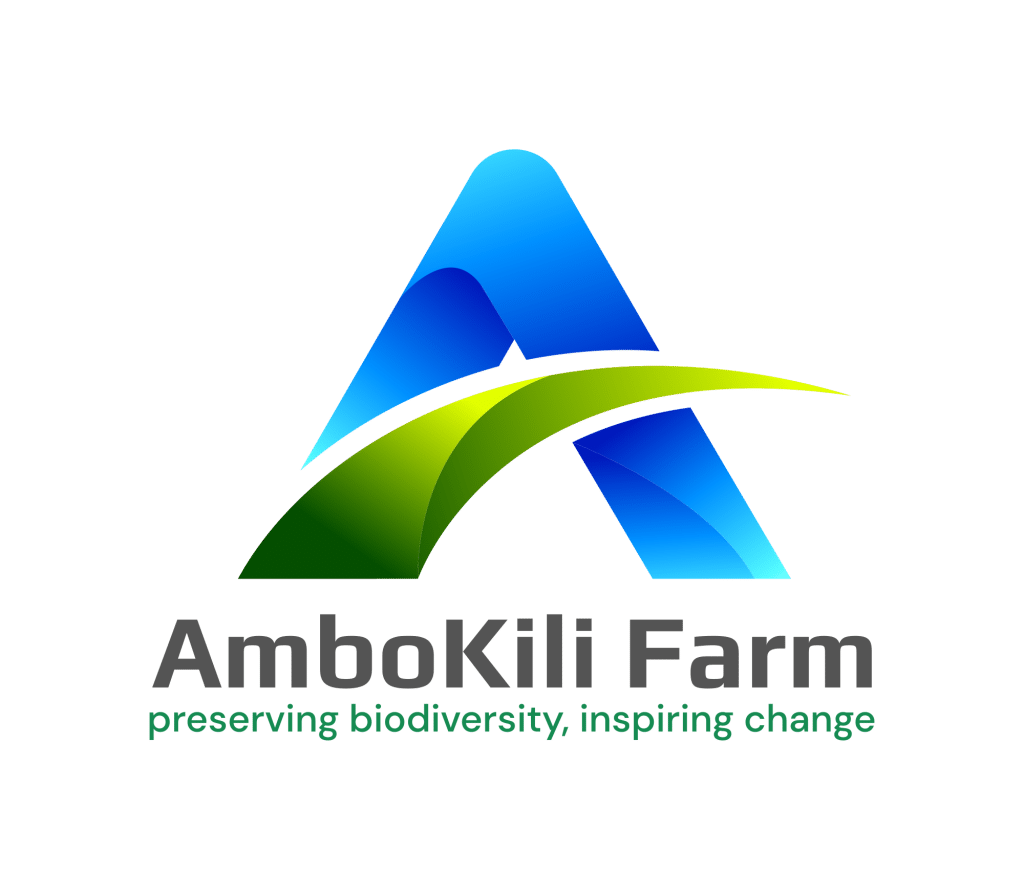Is It True That Organic Farming Uses More Land and is Bad for the Environment
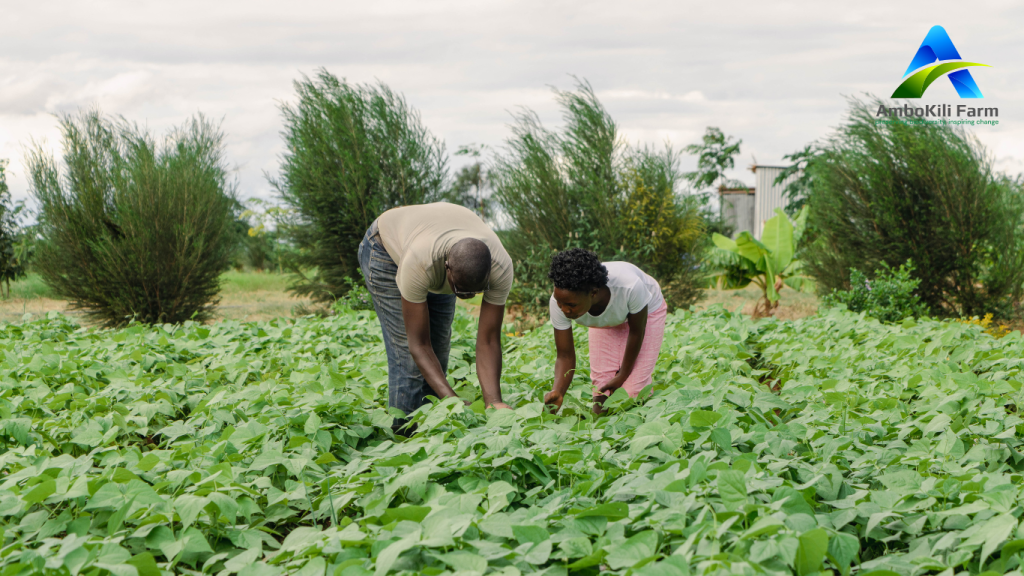
Organic farming is often heralded as the gold standard for sustainable agriculture, but is it truly the environmental savior it’s made out to be? Critics argue that organic farming is inefficient, requires more land, and could even be worse for the environment than conventional farming. These claims have sparked heated debates in agricultural circles, leaving […]
10 Ways Farmers Are Saving Water in Dry Areas: Lessons from Ambokili Farm
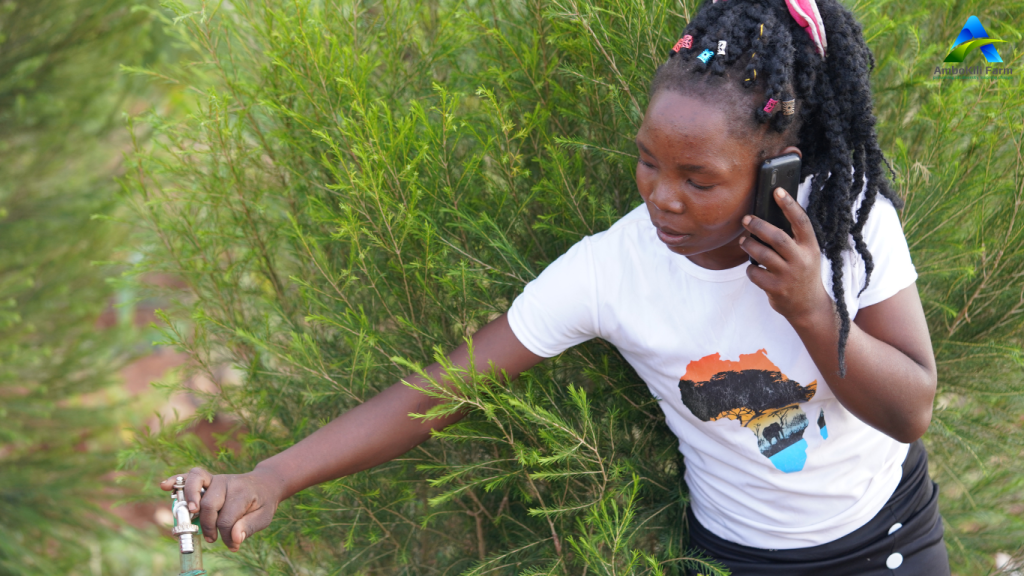
Water is life, especially in agriculture. In regions like Kimana, where Ambokili Farm is located, water scarcity poses a significant challenge to farming. Yet, even in these arid and semi-arid areas, farmers are finding innovative ways to conserve this precious resource. At Ambokili Farm, we believe in empowering every farmer with knowledge and practical solutions […]
Can Organic Food Feed the Growing World Population?
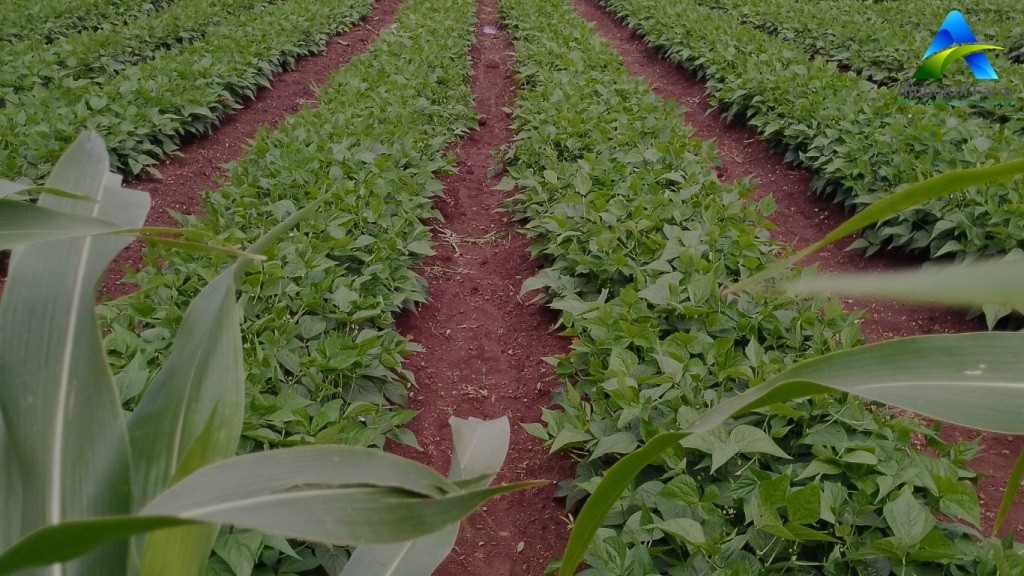
As the global population continues to rise, the question of how to feed billions of people sustainably becomes increasingly urgent. According to the United Nations (UNDESA), the world’s population is projected to reach 9.7 billion by 2050, placing unprecedented pressure on global food systems. Amidst this challenge, organic farming has been lauded for its environmental […]
Climate Resilience in Farming: Techniques for Adapting to Climate Change
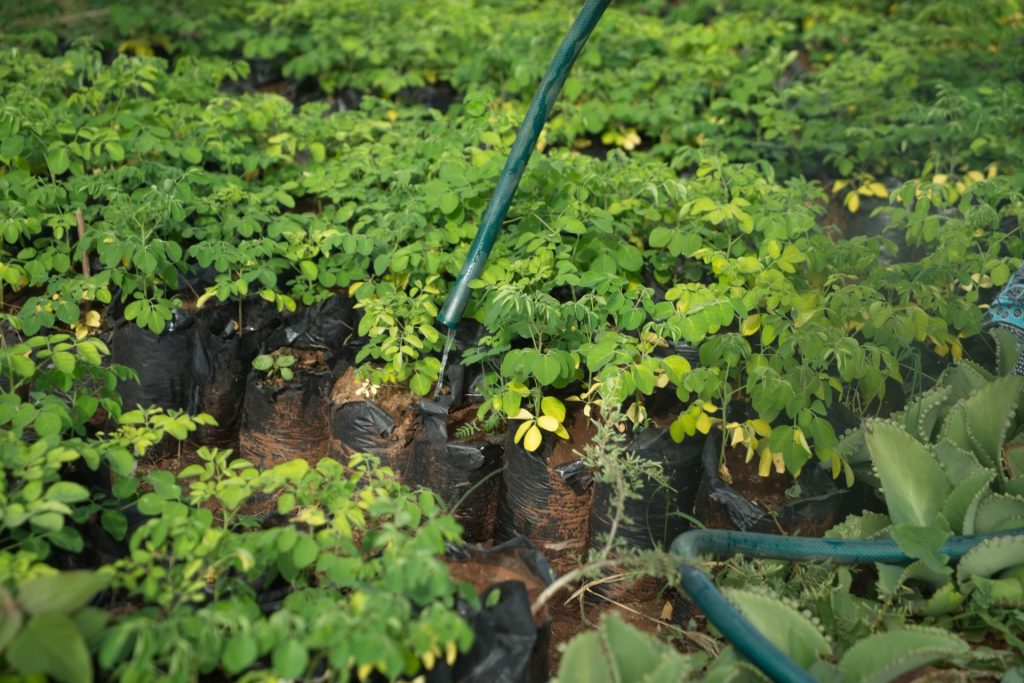
The world’s climate is changing, and agriculture – the foundation of our food systems – is feeling the brunt of it. Agriculture stands at the forefront of both vulnerability and opportunity. This translates to unpredictable weather patterns, extreme weather events, and disruptions in traditional growing seasons. For farmers, particularly those in semi-arid regions like Kimana, […]
The Importance of Youth Engagement in Sustainable Agriculture
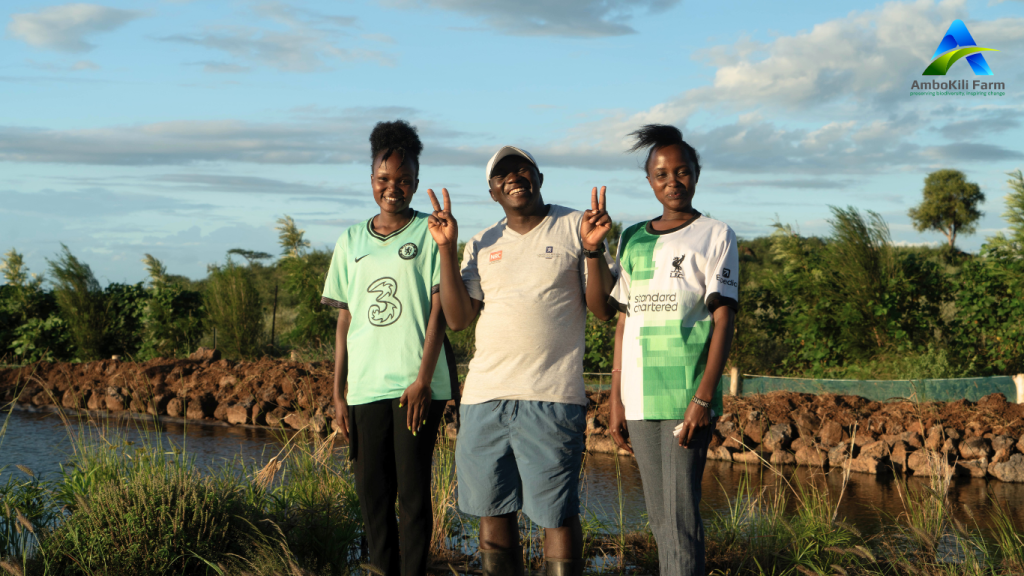
Sustainable agriculture is farming in such a way to protect the environment, aid and expand natural resources and make the best use of non-renewable resources. As the world grapples with the dual challenges of climate change and population growth, it is increasingly evident that sustainable practices must be at the forefront of agricultural development. At […]
The Importance of Nutrition Education in Rural Communities
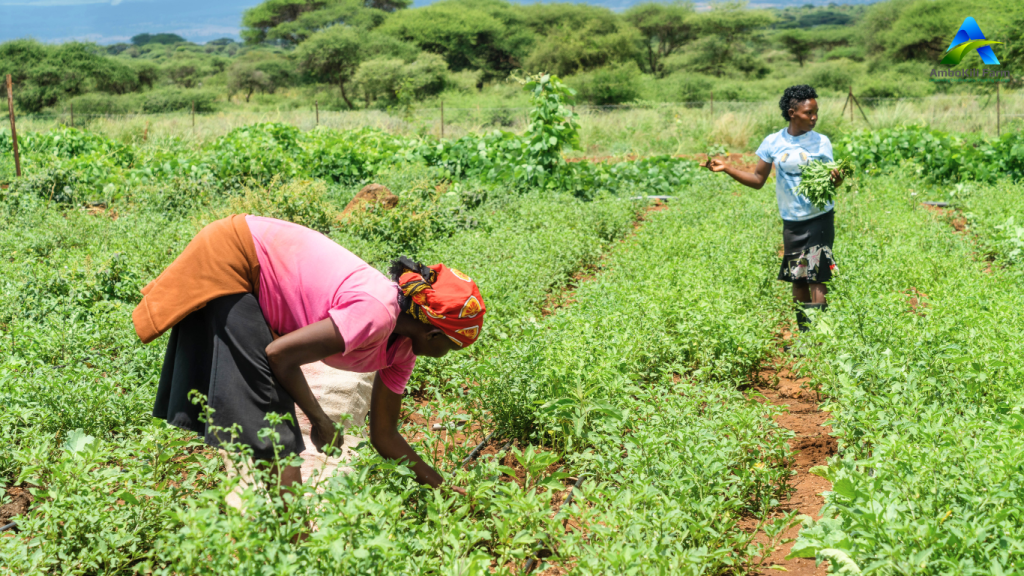
Health and nutrition are cornerstones of sustainable development, yet many rural communities, especially those in semi-arid regions like Kimana, often face significant challenges in accessing and understanding essential nutrition. The State of Nutrition Globally, malnutrition remains a significant challenge, especially in rural areas. As of 2021, approximately 768 million people worldwide were undernourished, with the […]
Empowering the Community: How Ambokili Farm is Creating Sustainable Change in Kimana
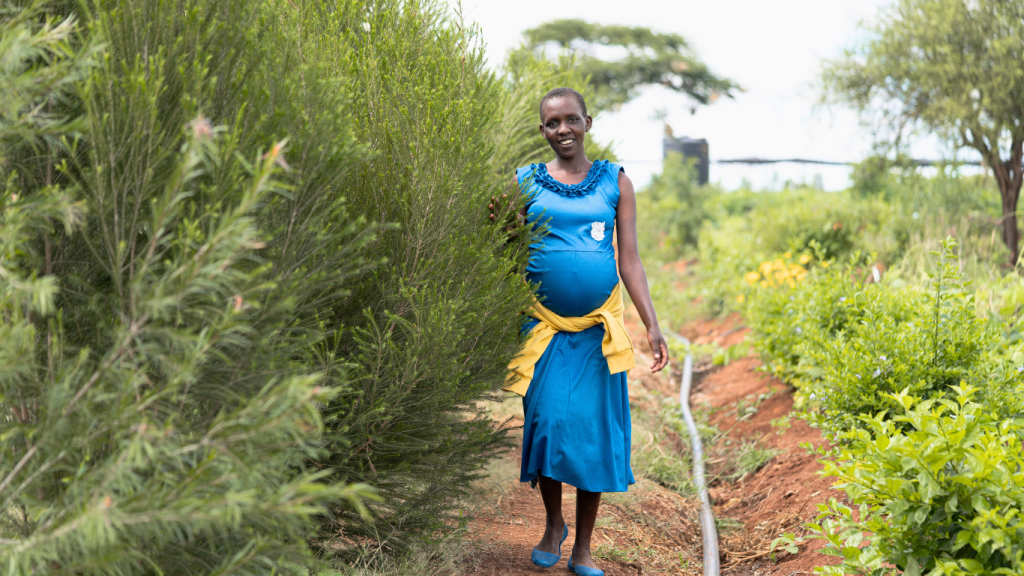
The Maasai people of East Africa live in the Great Rift Valley of southern Kenya (they are the primary residents in Kimana where Ambokili Farm operates) and northern Tanzania. The Maasai are renowned for their distinctive culture, traditionally living as nomads and pastoralists.
Adapting to Climate Change: Essential Strategies for Sustainable Farming in ASAL Areas

Climate change is an ever-present challenge, particularly in arid and semi-arid lands (ASAL) like Kimana. The shifting climate patterns pose significant risks to agricultural productivity and food security.
Combating Soil Erosion: Essential Strategies for ASAL Areas

Soil erosion is a significant challenge in arid and semi-arid lands (ASAL) like Kimana. This isn’t just about a dusty landscape. This natural process, exacerbated by human activities and climatic conditions, can lead to decreased agricultural productivity, loss of fertile topsoil, and environmental degradation
The Environmental Impact of Proper Waste Management

The world produces around 2.01 billion tonnes of municipal solid waste annually. By 2050, this figure is projected to increase to 3.4 billion tonnes. Approximately 33% of this waste is not managed in an environmentally safe manner, leading to severe ecological consequences.
